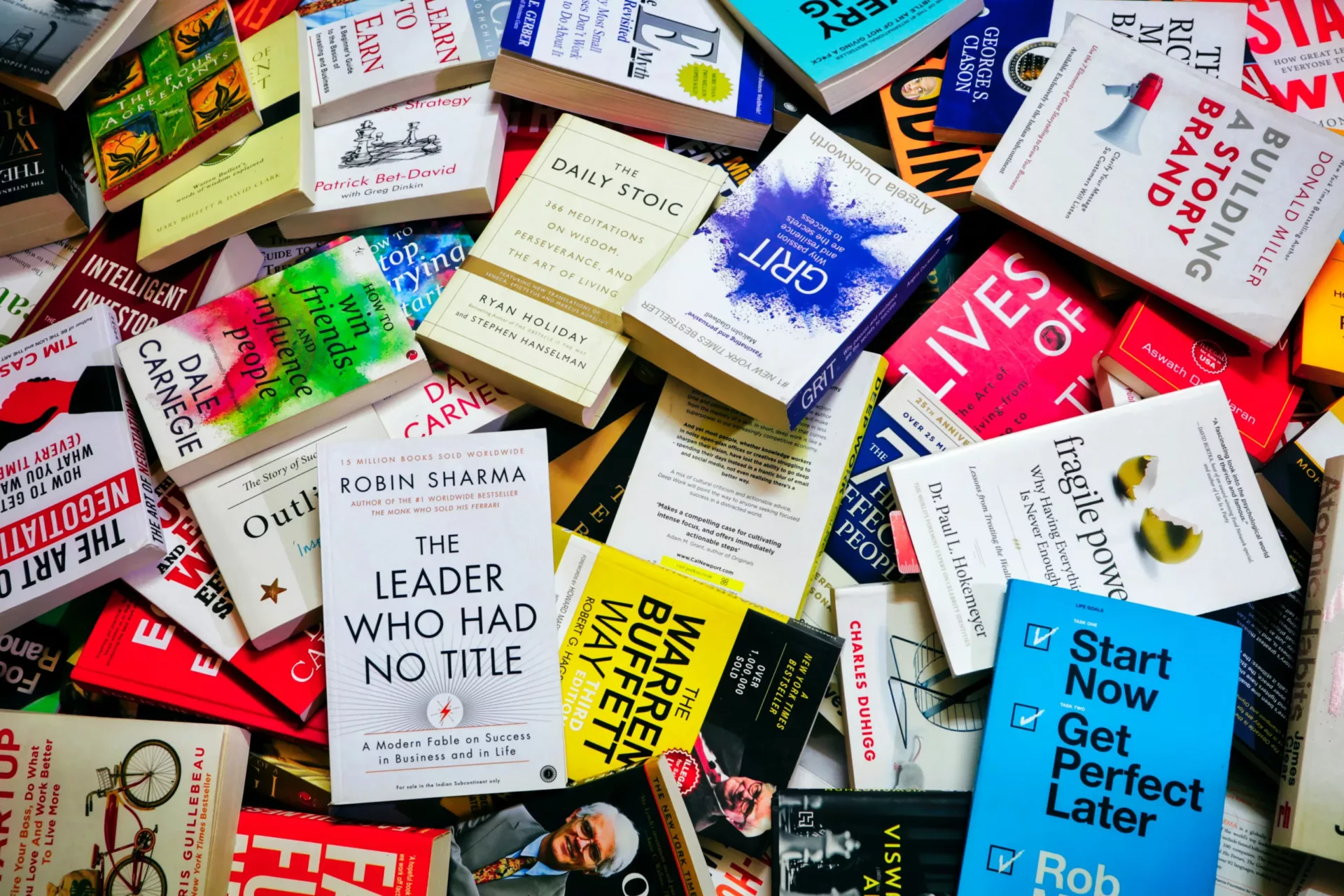Grit, perseverance, habits and practice are not enough. You need a plan. This is that plan for daily, purposeful practice
This post is inspired by Peak: Secrets from the New Science of Expertise, by Anders Ericsson and Robert Pool
It’s not about natural talent either.
It’s about setting a plan.
Decide you want to do something, or get better at something, Chess, guitar, golf, you name it.
Then set a measurable goal: Playing chess at a competition, Being able to play a Dragonforce song the whole way through without a mistake, play a golf game and come under par.
Find the strong reason to continue. It has to be more powerful than any reason to quit. Practice is hard and not fun, so the reason to do it is really really important so you can stick to it.
HINT: Setting up your practice first thing in the morning is a great idea before distractions hit you.
Here’s an example
You want to win the local Chess championship. You want to win a local guitar competition. You want to play in the amateur golf league.
Sometimes it’s because you recognize the practice would be good for your career and you know you’re not good at it. Ex: you are mortified at the idea of public speaking but know it would be good for your career. Or copywriting. Or leading a meeting.
As you get better at your new skill, the pleasure of being good at it starts to rise and you form an identity around it. You like being known as a good public speaker, or you like being recognized as the best golfer in your city.
That intrinsic motivation will push you to continue.
This makes the practice feel more like an investment than an expense.
Then you need to figure out the steps to get there. How do you measure your progress?
Then figure out what habit you need to hit those milestones. How do you practice? What’s your practice schedule? At least 1 hour a day at full concentration.
Remember, the mental pain associated with the practice gets easier and less intense. The stronger the habit is, the less painful it will be.
Also must truly believe you can do it. That belief will push you as you practice, even before you are good at it.
Read about this concept and more in the book that inspired this post
Peak: Secrets from the New Science of Expertise, by Anders Ericsson and Robert Pool







